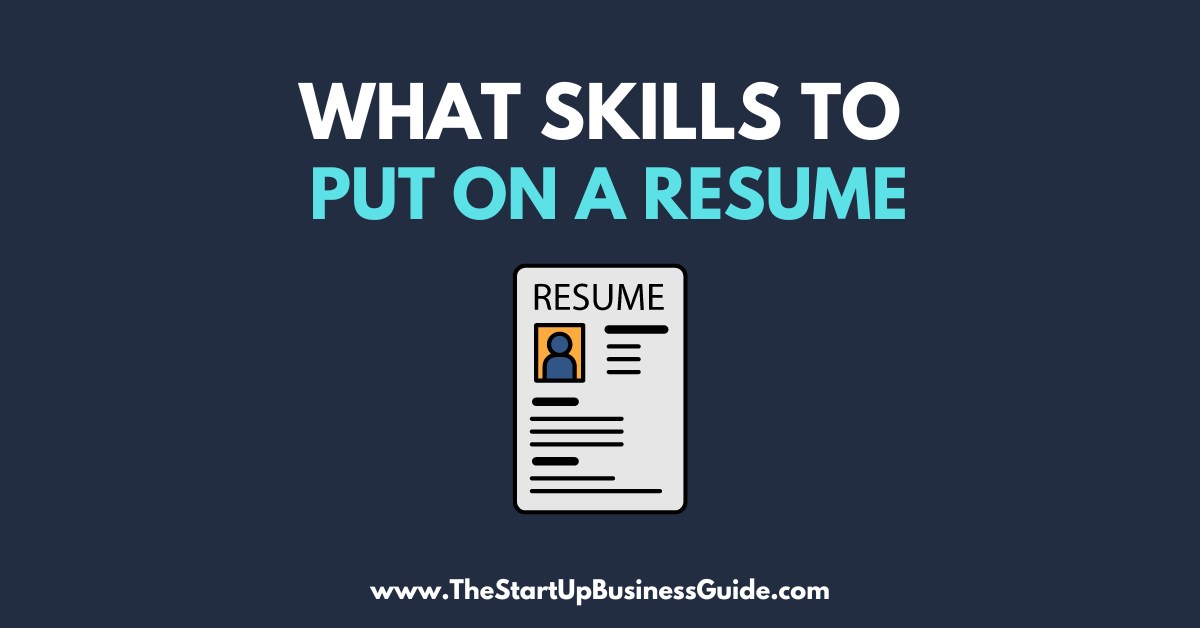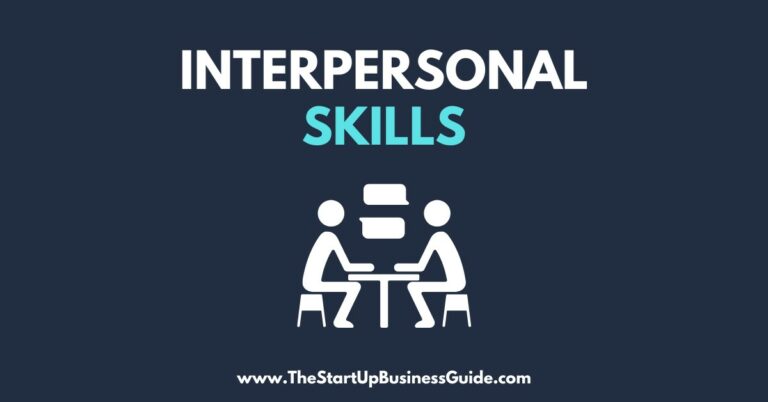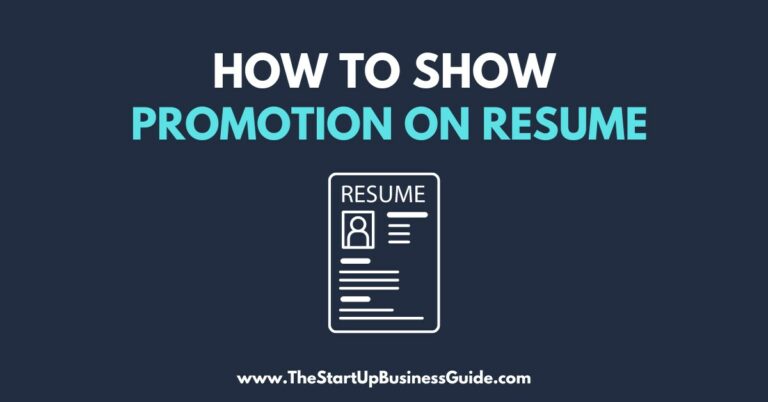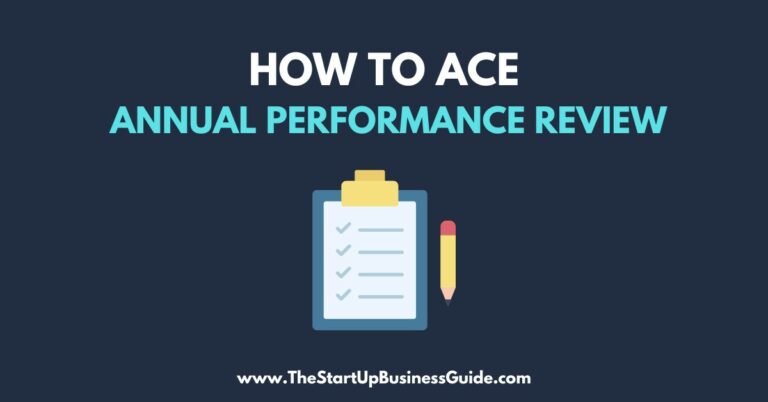What Skills to Put on a Resume

When you’re applying for a job, it’s important to showcase your skills and qualifications.
A resume is a great way to do this, but it can be tough to know exactly what to include.
In this article, we’ll go over some important things to keep in mind when highlighting your skills on a resume.
The purpose of this post is to give you a better understanding of what skills to include on your resume.
We’ll talk about hard skills, soft skills, industry-specific skills, and how to tailor them to the job you’re applying for. We’ll also provide some tips on how to effectively showcase your skills, and provide additional resources for further reading.
Hard Skills
Hard skills are specific, technical abilities that are easily quantifiable.
These can include things like programming languages, software, and certifications.
It’s important to include these types of skills on your resume, as they demonstrate your knowledge and proficiency in a particular area.
Examples of hard skills
- Programming languages: Java, Python, C++
- Software: Microsoft Office, Adobe Creative Suite, AutoCAD
- Certifications: PMP, CISSP, CFA
When listing hard skills on your resume, be sure to include specific versions and versions of software you are proficient with.
Also, you should mention any certifications you’ve earned and the year you obtained them.
Soft Skills
Soft skills are less tangible and more focused on personal attributes.
These can include things like communication, teamwork, and problem-solving.
While hard skills may get you in the door for an interview, soft skills are often what set successful candidates apart.
Examples of soft skills
- Communication: active listening, public speaking, writing
- Teamwork: collaboration, leadership, conflict resolution
- Problem-solving: critical thinking, creativity, adaptability.
When listing soft skills on your resume, be sure to provide specific examples of how you’ve demonstrated these skills in previous roles.
This will help potential employers understand how you can apply them in the job they’re hiring for.
Industry-Specific Skills
When applying for a job in a specific industry, it’s important to highlight skills that are particularly relevant to that field.
For example, a project manager in construction would want to highlight experience with project management software, while a healthcare worker would want to highlight experience with patient care.
Examples of industry-specific skills
- Construction: project management software, blueprint reading, OSHA regulations.
- Healthcare: patient care, medical terminology, HIPAA regulations.
- Marketing: SEO, Google Analytics, content creation.
It’s important to research the industry you’re applying to and understand what skills are considered valuable within that field.
This will help you tailor your resume and showcase your qualifications in the most effective way.
Tailoring Skills to the Job
When applying for a job, it’s important to tailor your skills list to match the requirements of the position.
This means looking at the job listing and identifying the specific skills and qualifications that are required for the role.
Then, making sure that those skills are prominently featured on your resume.
It’s also important to highlight transferable skills, which are skills that can be applied to multiple roles.
For example, if you have experience managing a team in one role, that skill can be applied to a management position in another field.
Additional Tips
When listing your skills on a resume, it’s important to use action verbs to describe your accomplishments.
For example, “managed a team of 5” is more effective than “was a team manager.”
It’s also important to showcase your skills through accomplishments rather than just listing them.
For example, instead of saying “proficient in Microsoft Office,” you could say “created and maintained detailed financial reports in Excel, resulting in a 10% increase in efficiency.”
Conclusion
In summary, it’s important to showcase your skills on your resume in a way that is tailored to the job you’re applying for.
This includes highlighting both hard and soft skills, as well as industry-specific skills.
Frequently Asked Questions on Listing Skills on Resume
What skills should I list on my resume?
You should list skills that are relevant to the job you are applying for and that you have demonstrated through your previous work experience and education.
This can include technical skills, such as proficiency in a programming language or software, as well as soft skills, such as strong written and verbal communication abilities.
How can I highlight my transferable skills on my resume?
Transferable skills are abilities that can be applied to different jobs and industries.
To highlight these skills on your resume, you can use action verbs to describe your accomplishments and responsibilities in previous roles and include a section specifically dedicated to transferable skills.
Should I include my language skills on my resume?
Yes, if you are fluent in more than one language, it is a good idea to include this information on your resume.
It can be especially relevant for jobs that require international communication or work with multilingual teams.
Should I include my computer skills on my resume?
Yes, computer skills can be valuable for many jobs, so if you have experience using specific software or programming languages, it is a good idea to include this information on your resume.
How do I list my certifications on my resume?
You can list your certifications under a separate section on your resume titled “Certifications” or “Professional Development.”
Include the name of the certification, the organization that issued it, and the date you received it.
Is it necessary to include my hobbies and interests on my resume?
It is not necessary to include hobbies and interests on your resume, but they can be a good way to showcase your personality and give the hiring manager a sense of who you are outside of your professional experience.
How can I show that I am a team player on my resume?
To show that you are a team player on your resume, you can use action verbs to describe how you have collaborated with others in previous roles and include specific examples of successful team projects you have been a part of.
How can I show that I am a leader on my resume?
To show that you are a leader on your resume, you can use action verbs to describe your responsibilities in previous roles and include specific examples of how you have taken charge of projects or teams.
Should I include my volunteer experience on my resume?
Yes, volunteer experience can be relevant to a job and demonstrate your commitment to a cause or community.
You can include volunteer experience in the same section as your work experience, highlighting the skills you developed through the volunteer work.
How can I show that I am results-oriented on my resume?
To show that you are results-oriented on your resume, you can use action verbs to describe your accomplishments and responsibilities in previous roles and include specific examples of how you have delivered results or achieved goals.
How can I show that I am adaptable on my resume?
To show that you are adaptable on your resume, you can use action verbs to describe how you have successfully navigated changes or challenges in previous roles and include specific examples of how you have adapted to new environments or situations.






